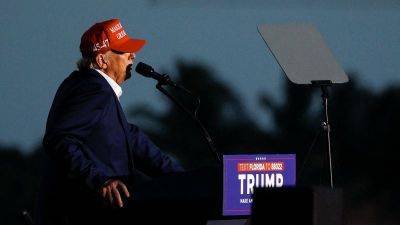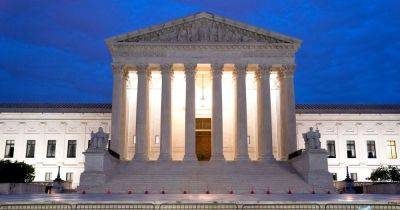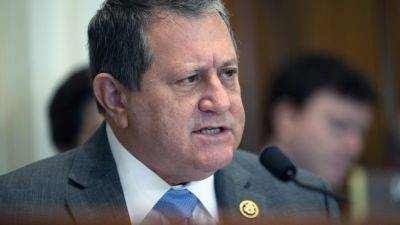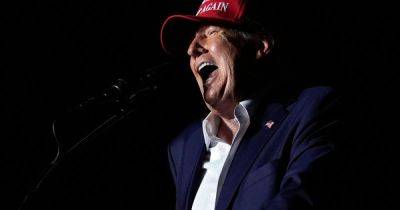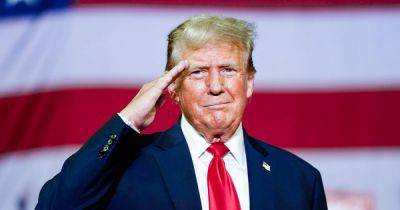Supreme Court's Roberts turns court to the right as Barrett emerges as a key player
The U.S. Supreme Court wrapped up an historic and momentous term this week, reshaping presidential powers by granting former President Donald Trump an immunity from prosecution that had been unimaginable to previous presidents.
Cast aside, among other precedents, was a legal opinion embraced by every Justice Department, Republican and Democratic, for more than a half century: a legal opinion that said presidents cannot be criminally prosecuted while in office, but can be held to account in court after leaving office. That’s why President Ford pardoned President Nixon after Nixon resigned, and why Nixon accepted the pardon. Both understood he would be prosecuted in connection with the Watergate scandal unless he was pardoned.
But all those assumptions — including the notion that presidents are not above the law — were called into question by the Supreme Court’s decision last Monday, written by Chief Justice John Roberts, and blasted by Justice Sonia Sotomayor in her dissent.
For Roberts and the other conservatives on the court, the real threat was that presidents would be “enfeebled” if they could be prosecuted after leaving office for things they did while in office. And so Roberts crafted a decision that did three things: It totally immunized presidents from prosecution for their “core” acts as president; it granted them a presumption of immunity overall, and for leaving office; and it said there is no immunity for completely private acts.
For the three dissenters, Roberts’ opinion was an open invitation to criminal conduct by future presidents. In a rare oral dissent from the bench, Sotomayor spoke for nearly a half hour. Concluding without the usual “ I respectfully dissent,” she said simply, “With fear for our


